HOW TO CHOOSE YOUR SWIMMING LESSONS? (IS THERE ONE RECIPE FOR ALL?)
Choosing the right swimming lesson program isn't as simple as signing up at your nearest pool.
Well, it could be, but you risk being disappointed.
To get the most out of your experience, you should consider a few important aspects before you dive in. This guide will walk you through exactly what to think about.
In This Article: Finding the Perfect Swim Lessons
- ⚡ Quick Summary: How to Choose Your Swim Lessons
- 🎧 Listen: A Guide to Choosing Swimming Lessons (Audio Deep Dive)
- 🖼️ Choosing Your Swimming Lessons Infographic
- Step 1: Be Honest About Your Current Swimming Skills
- Step 2: Set Clear and Achievable Swimming Goals
- Step 3: Decide Your Learning Style (Self-Taught vs. Coached)
- Step 4: Choose Between Private and Group Lessons
- Step 5: Know What to Look for in a Great Instructor
- Frequently Asked Questions
⚡ Quick Summary: How To Select Swim Lessons
Short on time?
Get the key highlights from this article in just a few minutes. This video summary walks you through some things to think about before choosing the swim lesson program that works for you.
🎧 Listen: A Guide to Choosing Swimming Lessons (Audio Deep Dive)
Tired of reading? Listen to the full breakdown on this topic while you multitask.
In this episode, we go deeper into what things to consider while choosing your swim lessons. What steps to take and how to spot a great instructor.
Step 1: Be Honest About Your Current Swimming Skills
First, you should assess your swimming skills.
In other words, be honest with yourself about what you can do in the water.
If you have zero swimming skills or are afraid of water, don't be embarrassed by that.
You will only slow down your progress if you try to artificially bump up your skill level.
Learning the basics first and practicing them over and over is the key to success.
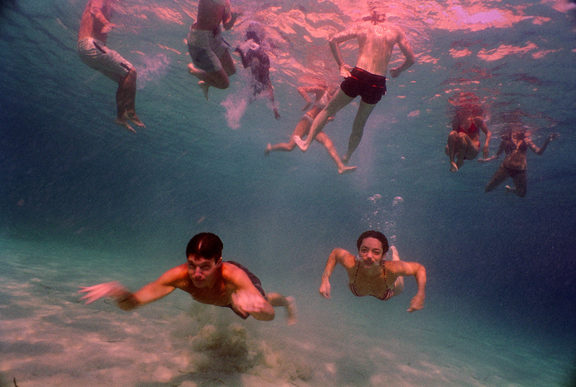
Step 2: Set Clear and Achievable Swimming Goals
After you have evaluated your swimming skill level, then it is time to set some goals.
It is always good to have a goal in mind before starting swimming lessons.
The goal should be achievable and realistic in my opinion, but not something that you can master in 30 minutes.
The goal should keep you motivated and also give the swim instructor a better idea of what you'd like to learn. This helps them adjust the lessons so you are more likely to succeed.
It is better to set intermediary goals during your learn-to-swim path, so you can track your progress better.
For example: If you are afraid of water, set yourself a goal to learn how to relax and float without that sinking panic.
Then when you master that, go a bit further and set a goal to swim a certain distance without touching the bottom.
After you set your goals, it is a good idea to discuss them with the swim instructor and adjust them according to their feedback.
Step 3: Decide Your Learning Style (Self-Taught vs. Coached)
After you figured out what you want to learn, it is time to start thinking about how you want to learn it.
Some people prefer learning to swim on their own.
This approach has become more popular with the Internet age and it could work well as long as you follow a good program structure (on DVD or online).
I'd however argue that at some point you will still need an outside person to evaluate how you are doing and adjust your skills swimming skills to be more effective and efficient.
One crucial problem with learning on your own is that every person is different, so you might end up spending a lot of money and time before you find the right program for you.
Unfortunately, there is no one way to learn to swim. There are guidelines, but these products target the mass market, so they don't work for everyone.
An experienced swim instructor will adjust the skills path to match your ability. If you cannot complete skill 1, they will direct you to a similar skill that will help you master the first one.
So, if you plan on learning to swim on your own, I'd summarize it with this: if you are just starting out, it can be tough and is not recommended as your only learning path. If you are a bit more advanced in swimming, learning new skills on your own gets easier, but try it before you buy it :).
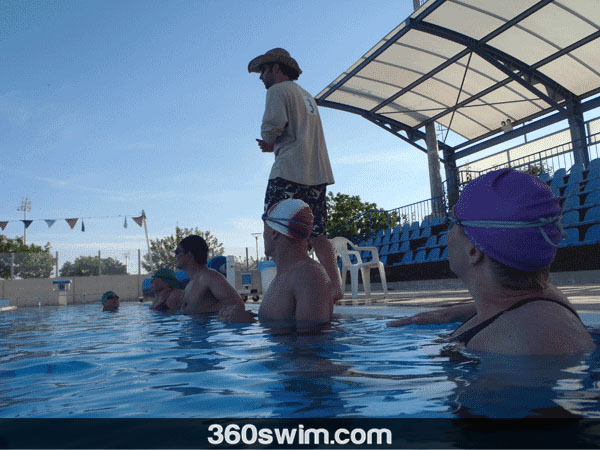
Step 4: Choose Between Private and Group Lessons
Learning to swim in private (one on one) or in group lessons is the way to go for the majority of us.
Private swimming lessons could be a bit more expensive at first, however, the rate of learning is much faster and more flexible.
In reality, the return on your investment is much higher in terms of saved time and frustration since you'll learn to swim much quicker.
On the other hand, in group lessons there can usually be 5-20 swimmers, so there are not many hands-on activities, however, they are much cheaper.
The rule of thumb I'd use is that if you don't mind paying a bit more at first, definitely go private.
You will learn more in less time, so in the long run, it could actually be a better investment.
If you have a hydrophobia (fear of water), I'd recommend private lessons as well since you can advance in overcoming your fear on your own pace.
However, no matter what lessons you choose, I'd strongly suggest exploring miscellaneous online swimming resources at the same time. You never know when you'll pick up the right explanation that makes a skill click.
Step 5: Know What to Look for in a Great Instructor
If you have the time and luxury of choosing between more than one swim instructor, it is a very good idea to first go and observe them at work.
What you should look for is the enthusiasm with which the instructor operates.
Does the instructor only stand on the pool deck, or do they get in the water to show and explain the different techniques?
How many students are in the classes? Does the instructor pair you up with someone so you can correct each other's mistakes?
Is the instructor supportive and patient?
If you like what you see, why not take a few swimming lessons to start with and then see how it goes.
If you are not happy, then look for another program that will suit you better.
🖼️ Choosing Your Swimming Lessons - Infographic
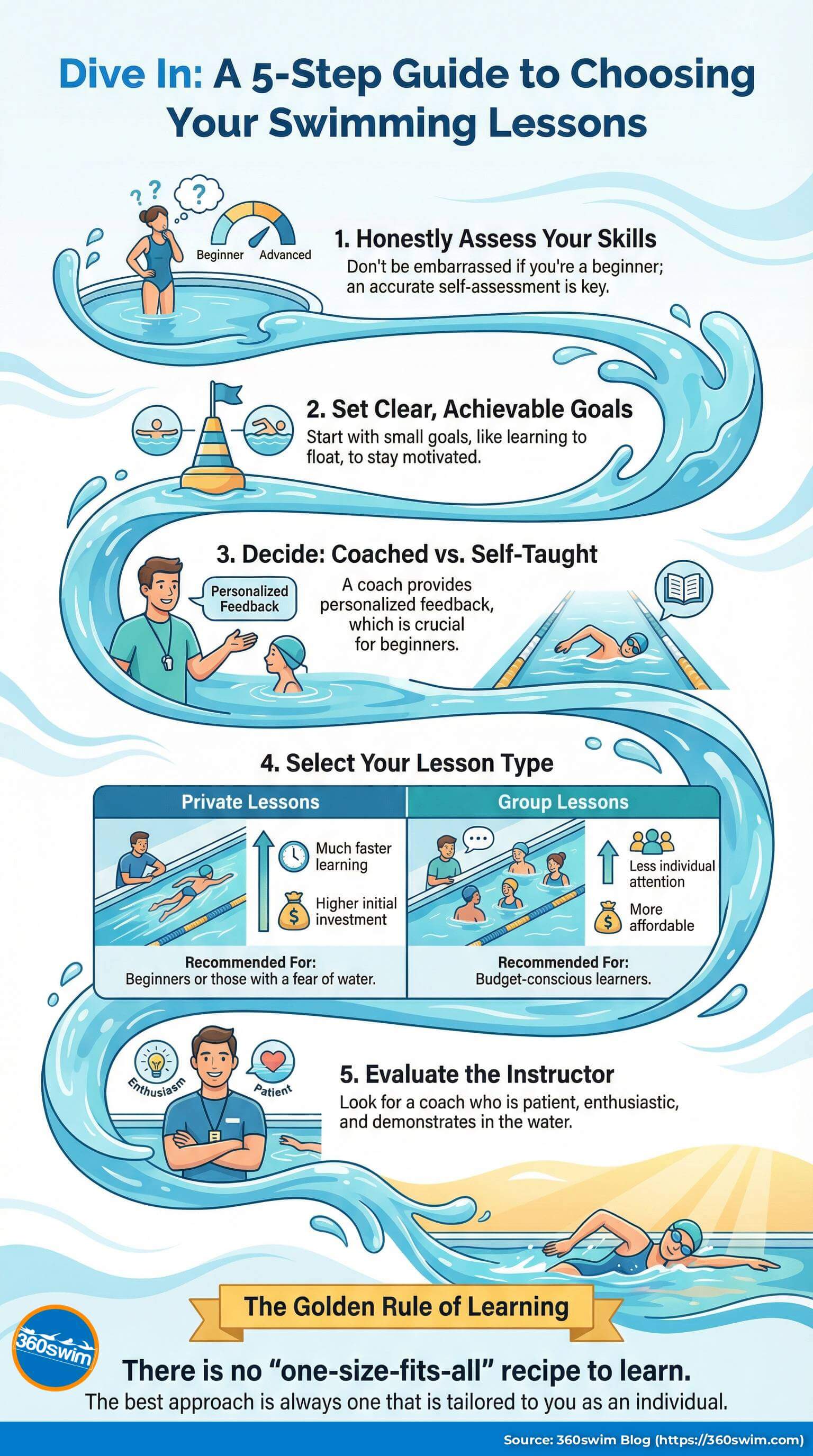
Remember that swimming is a priceless skill to have, and no matter what path you choose, you can learn to swim if the choice is wise.
Is there one recipe on how to learn to swim that works for everyone?
Definitely not.
We are all individuals, so we all need an individual approach to swim learning in order to achieve our swimming potential.
So, don't lose hope, get out there and get swimming.
Frequently Asked Questions
What is the first step in choosing swimming lessons?
The very first step is to be honest with yourself about your current swimming skills. Don't be embarrassed if you are a total beginner or afraid of the water; an accurate self-assessment is key to finding the right starting point.
Why is setting goals important before starting swim lessons?
Setting clear, achievable goals keeps you motivated and helps your instructor tailor the lessons to your needs. Start with small goals, like learning to float, and build from there.
Is it better to choose private or group swimming lessons?
Private lessons offer faster, more personalized progress and are highly recommended for beginners or those with a fear of water. Group lessons are more affordable but offer less individual attention.
Can I teach myself to swim using online resources?
While online resources are helpful supplements, learning on your own is very challenging for beginners. An experienced instructor can provide personalized feedback and adjust the learning path to your specific needs, which pre-made programs cannot do.
What should I look for in a good swimming instructor?
Look for an instructor who is enthusiastic, patient, and supportive. A great coach often gets in the water to demonstrate techniques and provides hands-on guidance, rather than just coaching from the pool deck.
Is there one single best way to learn to swim?
No, there is no one-size-fits-all recipe. Everyone learns differently and has different physical abilities, so the best approach is always one that is tailored to you as an individual.
 LNURL1DP68GURN8GHJ7URP0YHRXD3SWDMKJMFWVDHK6TMVDE6HYMRS9A4HSCNCWFXSH3NN0H
LNURL1DP68GURN8GHJ7URP0YHRXD3SWDMKJMFWVDHK6TMVDE6HYMRS9A4HSCNCWFXSH3NN0H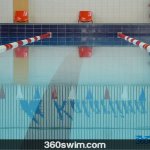


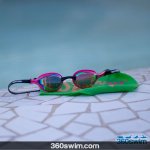


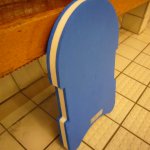

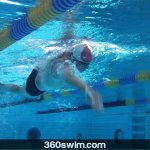
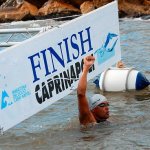

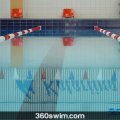


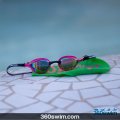

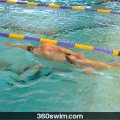
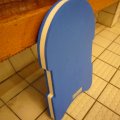

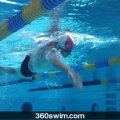
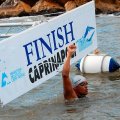


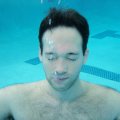
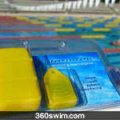


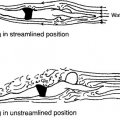
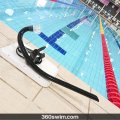
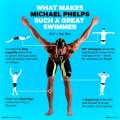
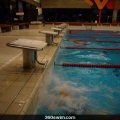
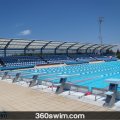


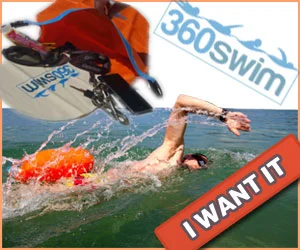

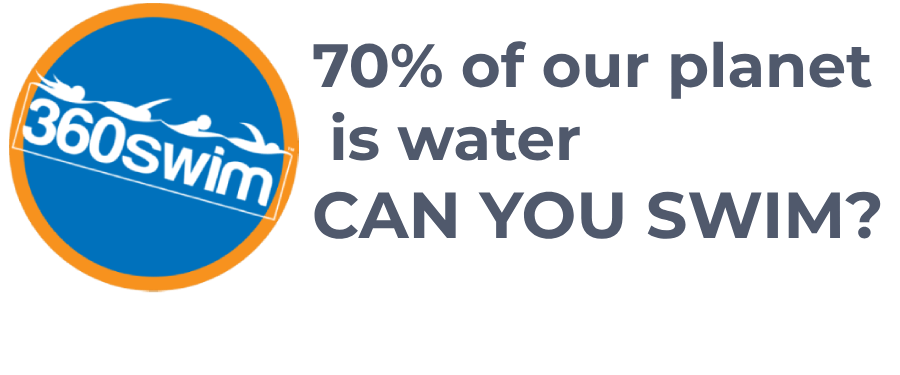
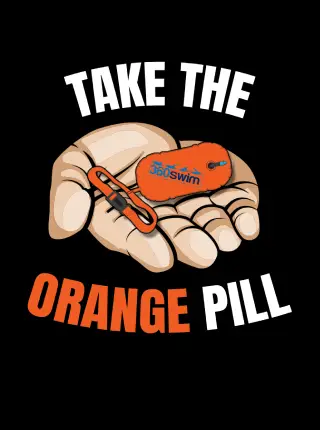
Comments (7)
@Palo Alto Swim Lessons - private lessons should for sure bring the best results, however, don't think they are necessary for more advanced swimmers. Private lessons are the best for total beginners where they have to advance on their own pace before mastering the basic skills.
@Palo Alto Swim Lessons - private lessons should for sure bring the best results, however, don't think they are necessary for more advanced swimmers. Private lessons are the best for total beginners where they have to advance on their own pace before mastering the basic skills.